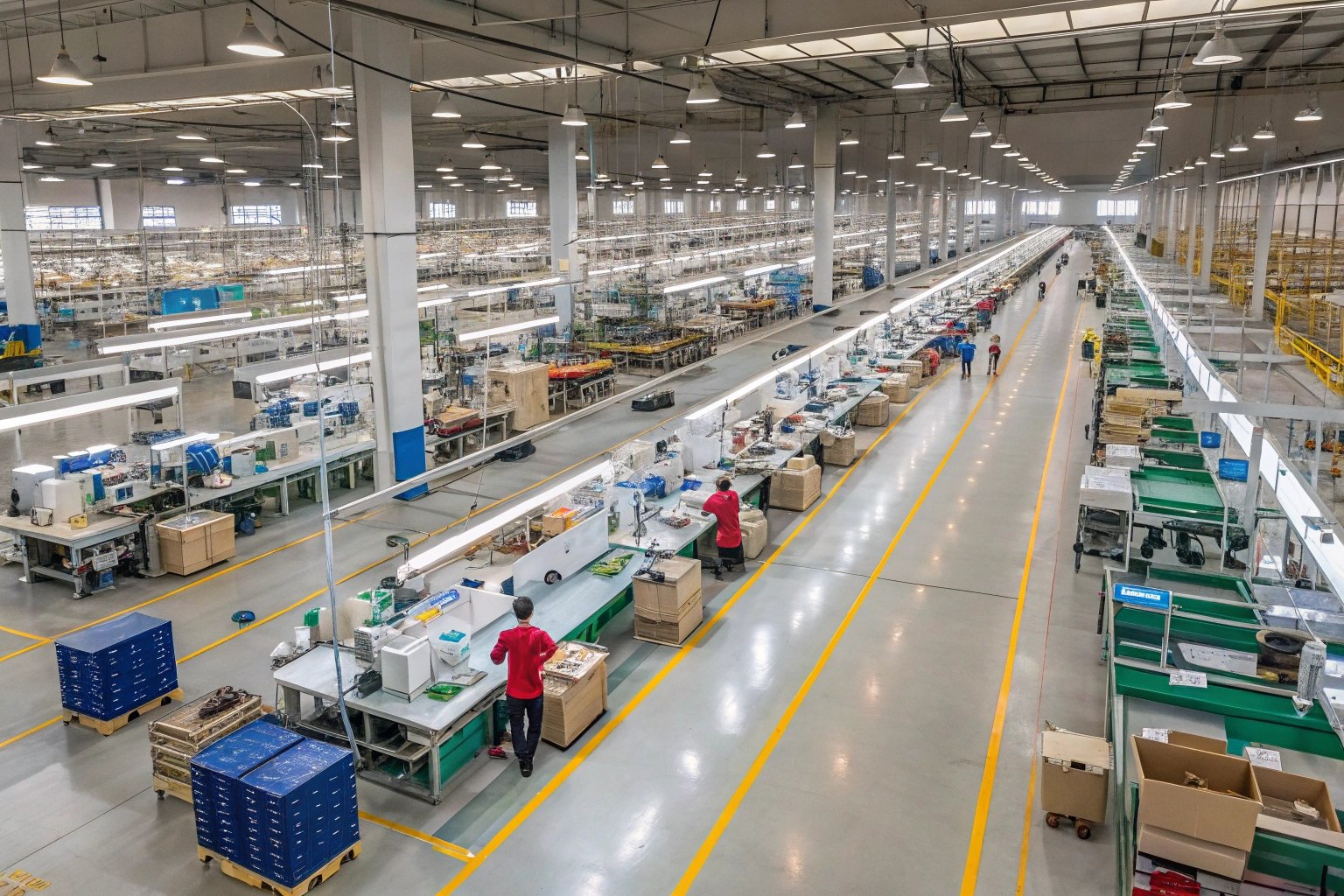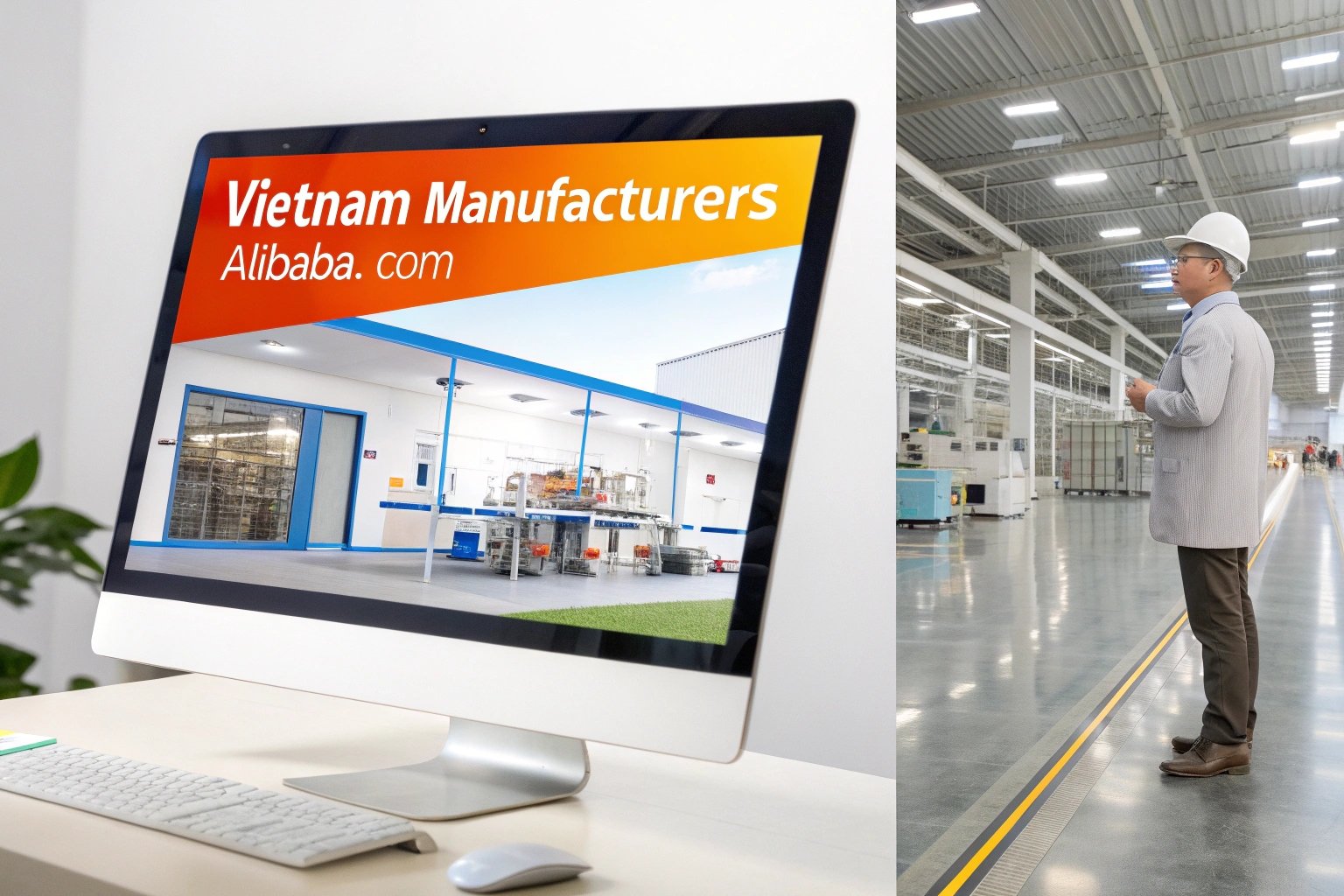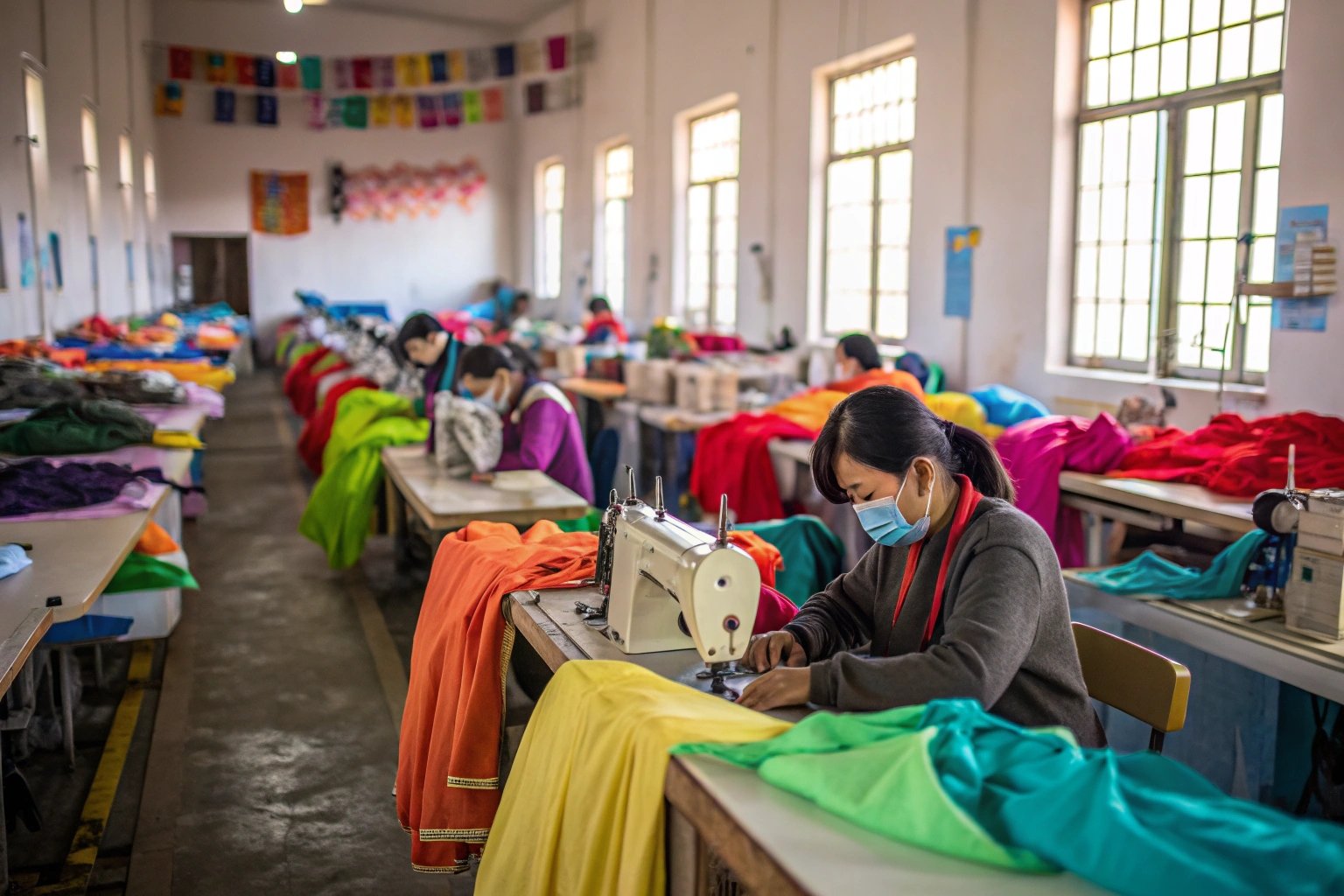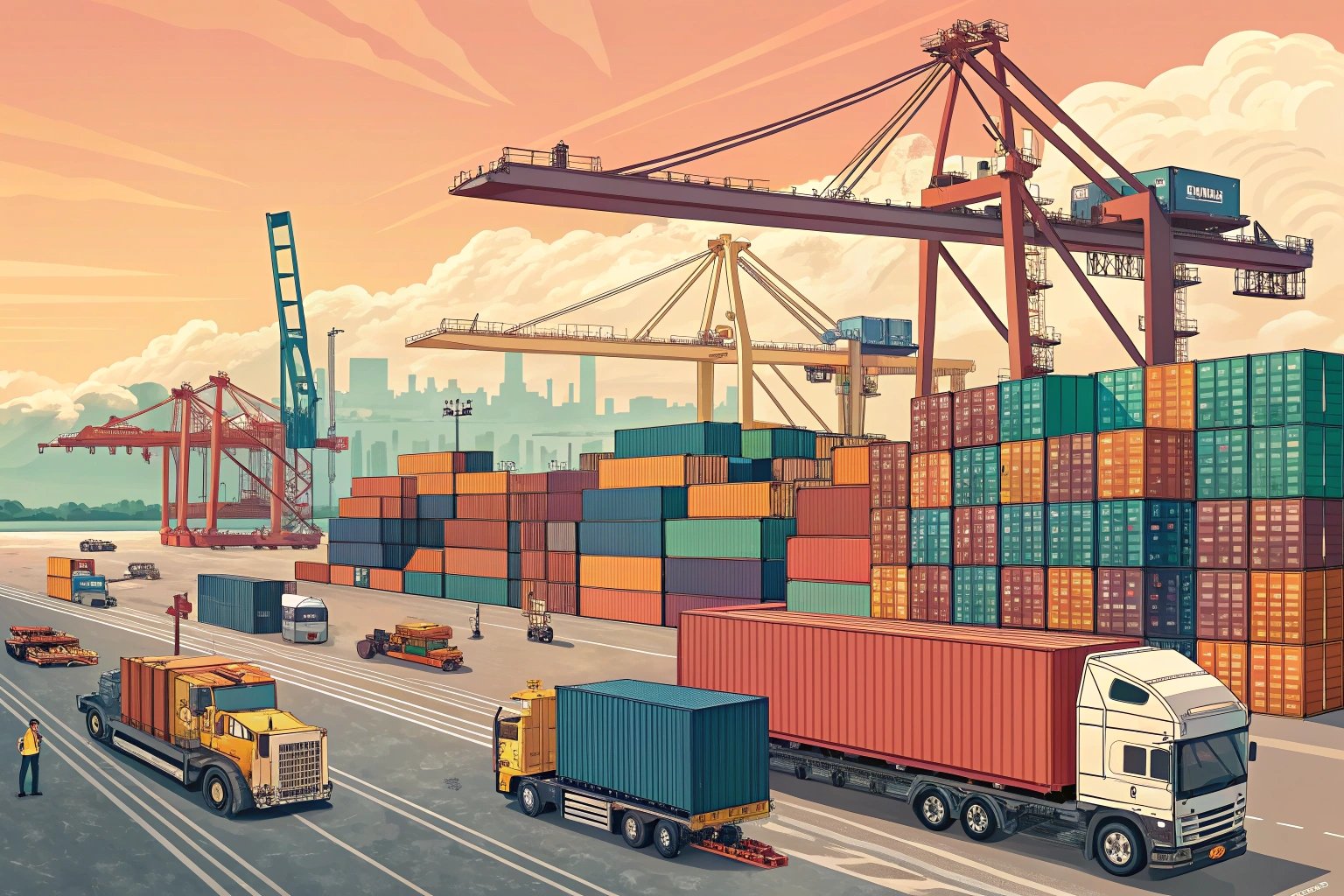
When sourcing from Vietnam, verifying the manufacturing capacity of suppliers is crucial to ensuring they can meet your needs. But how do you know they’re up to the task?
To verify Vietnamese suppliers’ manufacturing capacity, check their production qualifications, industry experience, and quality management certifications1 (like ISO9001). These factors will help you assess their ability to deliver on your orders.
Now, let’s explore how you can find reliable suppliers, understand the top industries in Vietnam, and address potential supply chain challenges.
How do I find suppliers in Vietnam?
Finding the right supplier in Vietnam requires knowing where to look. Whether it’s through online platforms, trade shows, or local networks, there are multiple routes to take.
You can find suppliers in Vietnam through online directories, local trade shows, and business platforms like Alibaba. Additionally, working with sourcing agents can help streamline your search.

Online Platforms: The Gateway to Vietnamese Suppliers
Using online directories like Alibaba can be a quick way to find potential suppliers. These platforms offer detailed search features, allowing you to filter suppliers by certifications, products, and customer reviews. However, you still need to verify their credentials beyond just a basic profile.
Local Trade Shows: An In-Person Approach
Trade shows provide a great opportunity to meet suppliers face-to-face. Events like the Vietnam Manufacturing Expo allow you to see products in person, assess factory facilities, and talk directly with representatives to gauge their reliability.
Sourcing Agents: A Useful Shortcut
For a more hands-off approach, working with a sourcing agent can be very helpful. These agents already have relationships with Vietnamese suppliers and can assist with factory visits, contract negotiation, and language barriers. This can save you time and reduce potential risks.
Combining these strategies will help you identify the best suppliers for your needs. However, remember that finding a supplier is only the first step—verifying their capabilities is essential.
What are the top 3 industries in Vietnam?
Vietnam’s economy is expanding rapidly, and certain industries are leading this growth. Understanding these industries can give you insight into Vietnam’s manufacturing capacity.
The top three industries in Vietnam are electronics, textiles and apparel, and food processing. These sectors dominate the manufacturing landscape and play a significant role in the country’s economy.

Electronics: A Booming Industry
Vietnam is becoming a key player in the global electronics market, particularly for companies like Samsung and LG. The electronics sector2 benefits from low labor costs and a growing, skilled workforce, making it an attractive option for sourcing tech components and consumer electronics.
Textiles and Apparel: A Global Leader
Vietnam is the third-largest textile and apparel exporter in the world. The industry benefits from a large, well-established workforce with expertise in garment manufacturing. If your needs involve high-volume production for clothing, textiles, or footwear, Vietnam offers a competitive advantage.
Food Processing: Expanding Capacity
Vietnam’s food processing industry is another strong sector. The country exports large amounts of seafood, fruits, and coffee, and the government has heavily invested in modernizing the sector. If you’re sourcing food products or ingredients, Vietnam is a reliable source for high-quality, cost-effective options.
These industries shape the supply chain in Vietnam, and understanding their growth patterns can help you determine the best suppliers for your business.
What are the supply chain issues in Vietnam?
Every country faces its own set of challenges when it comes to supply chains. Vietnam is no exception. Understanding these issues ahead of time can help you better manage your expectations and prepare for potential disruptions.
Some of the main supply chain issues in Vietnam include limited transportation infrastructure, regulatory delays, and raw material shortages.

Transportation Infrastructure: A Bottleneck
Vietnam’s transportation infrastructure is still developing. Major cities have modern ports and roads, but rural areas often lack reliable logistics. This can cause delays in shipping, particularly for suppliers located outside urban centers. It’s crucial to work with suppliers who have strong logistical connections.
Regulatory Delays: A Common Hurdle
Vietnam has a complex regulatory environment, which can sometimes lead to delays in production or shipment. Unexpected changes in regulations may disrupt schedules, especially with new import/export laws or customs rules. Having a local partner or sourcing agent can help navigate these changes more efficiently.
Raw Material Shortages: The Risk of Dependency
Vietnam’s manufacturing often relies on imported raw materials, especially for industries like electronics and textiles. Disruptions in the global supply chain can lead to material shortages, affecting production schedules. To avoid this, it’s advisable to diversify your supplier base and have backup plans in case of material shortages.
These supply chain issues can impact your orders, so it’s essential to plan for potential delays and disruptions by maintaining open communication with your suppliers.
Supplier Verification Checklist
When evaluating potential suppliers, use the following checklist to ensure they have the manufacturing capacity you require:
| Verification Aspect | What to Check | Why It Matters |
|---|---|---|
| Production Qualifications | Certifications, factory setup, and equipment | Ensures they have the necessary resources and skills to fulfill your order. |
| Industry Experience | Years in business, clients served, industry expertise | Demonstrates their ability to meet your needs based on past performance. |
| Quality Management System | ISO 9001, Six Sigma, or other relevant quality certifications | Guarantees that they follow industry standards for quality control. |
| Factory Audits | Conduct or request third-party audits of their manufacturing facility | Ensures the factory meets international standards for health, safety, and production. |
By using this checklist, you can assess whether a supplier has the right qualifications, experience, and capacity to meet your needs.
Conclusion
To verify the manufacturing capacity of Vietnamese suppliers, focus on their production qualifications, certifications, and industry experience. This will help you build confidence that they can deliver on your orders while navigating the challenges of Vietnam’s supply chain.

